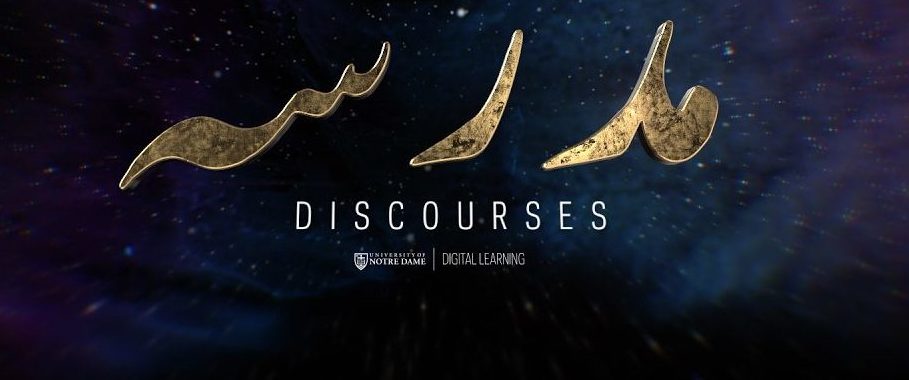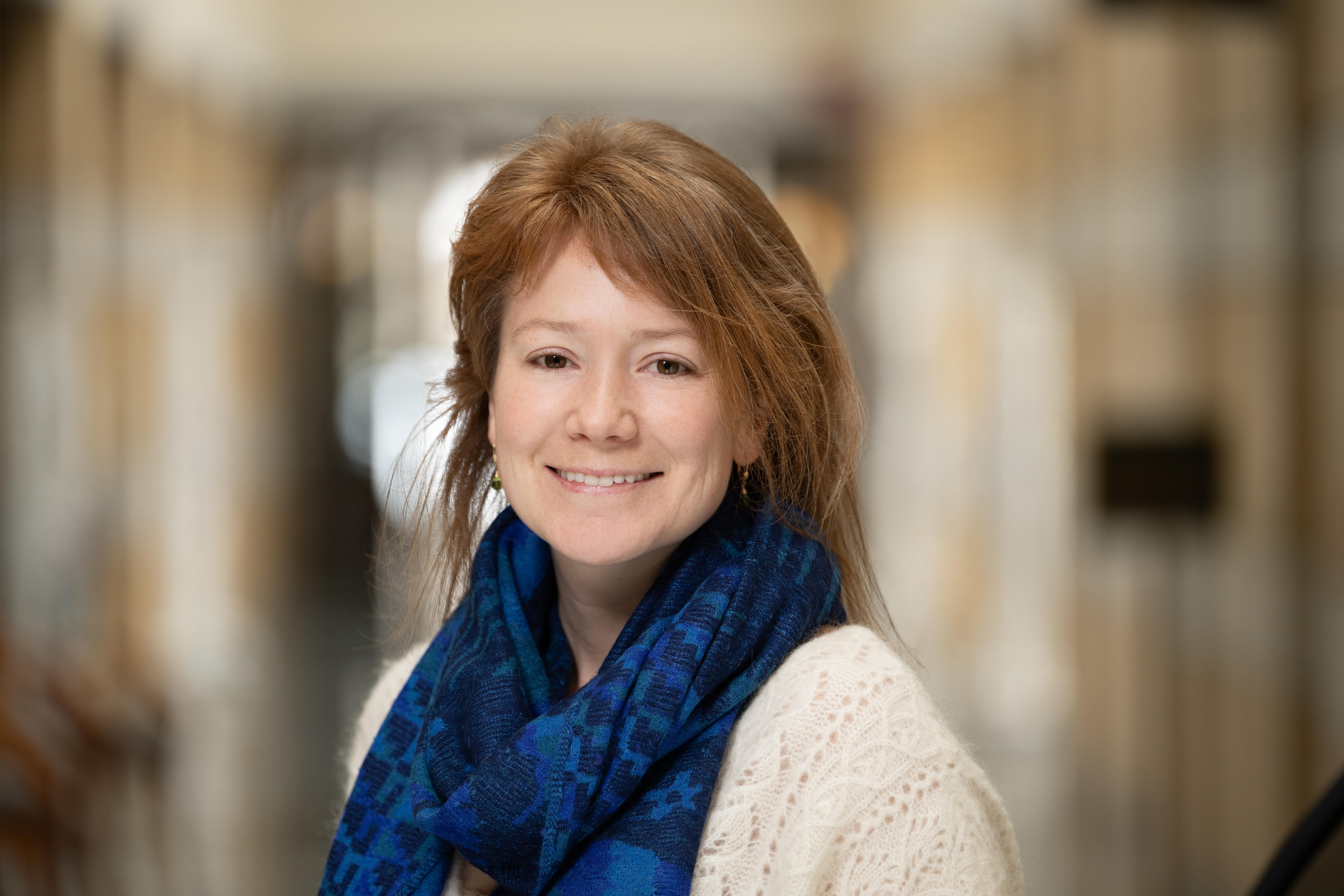
In private conversations the Indian Fiqh Academy of India voiced deep worries that madrasa students were not being prepared to confidently navigate the modern world. In response, Primary Investigator Dr. Ebrahim Moosa, himself a madrasa graduate, developed the Madrasa Discourses project to equip young Islamic studies scholars with the theological and scientific literacies to engage contemporary challenges. After four years of intensive Islamic studies programming with a select group of young theology experts from India and Pakistan, the Madrasa Discourses project took its innovative curriculum global. On February 24th, 2021, the online version of the project was shared with the world. Theologians and religious studies experts from around the globe joined the web launch, including Dr. Kyai Ulil Abshar Abdalla, civil society actor and scholar from Indonesia; Dr. Masooda Bano, Professor at the University of Oxford and expert in Muslim youth perceptions of tradition and modernity; Dr. Usman Bugaje, public intellectual and religious education expert from Nigeria; and Dr. Haroon Sidat, Research Associate at Cardiff University with a focus on Darul Ulooms in the West and madrasa graduate himself.
The online curriculum at madrasadiscourses.nd.edu is free and open to all scholars and students and guides participants through four cumulative semesters on history and the theological tradition, modern science and its relationship to theology, and finally contemporary challenges to the Islamic tradition. Envisioned as a free-standing curriculum or as supplemental materials for existing courses, Madrasa Discourses Web complements and deepens the traditional madrasa education and prepares students to face present-day concerns. Core questions include:
- If tradition is our guide, do changes in our reconstruction of history today change our relationship to tradition?
- Does equality require equal human rights?
- What kind of Islamic theology is possible in a natural universe defined by quantum mechanics and evolution?
Tradition and Modernity:
There is a fear, Dr. Bano noted at web launch, that the Islamic scholarly debate is at risk of losing to the secular modern world. Traditionally-trained scholars are often not able to respond to the needs of modern times, and as such their knowledge and the history they carry can be sidelined. Yet, as Kyai Ulil Abshar Abdalla stated, Islamic theology cannot be conducted without taking into account modern discoveries. It is in service to this balance, to the search for a wholly Islamic path rooted in the past but adaptive to the present, that the Madrasa Discourses program and web curriculum were conceived.
Dr. Bugaje, who joined from Nigeria, explained that it is necessary to reform traditional education to incorporate technology and science. Indeed, he noted, these studies were previously part of the Islamic education, but had been abandoned for some time. Many madrasa students are already paving the way, as Dr. Sidat relayed in his comments on students who pursue a traditional Dars-i Nizami syllabus alongside secular education in the UK. Dr. Sidat highlighted how budding scholars seek out and build upon the “creative potential” of cherished histories and texts, undermining the supposed religious/secular divide in their successful integration of faith learning and secular schooling.
Contending Epistemologies:
To achieve and weave through this “creative potential,” however, requires recognition of fundamentally different worldviews embedded in traditional and modern practices. “How do we navigate different approaches to knowledge?” Dr. Ebrahim Moosa mused. “Knowledge is about perception, the place of revelation and intuitions.” Dr. Bugaje noted that the epistemological divides between traditional religious and modern modes of knowing, with different sources and logics, posed perhaps the deepest challenge to bridging the gap between traditional and Western education.
This is precisely the opening theme of Madrasa Discourses Web: How do we know what we know? The program builds upon core classical Islamic texts to answer these and other questions, turning in this case to classical theologian Abū Manṣūr Māturīdī (d. 944 C.E.) and his treatise Kitāb al-Tawḥīd to explore the relationship between revelation and reason. Māturīdī proposes a method to evaluate competing truth claims and to pursue sources independent of revelation. In fact, as Dr. Ahmed Dallal details in his presentation, Islam, Science, and History: Beginnings, early Islamic jurists used mathematical astronomy to re-orient mosques to the qibla, overriding earlier religious authority.
The same epistemological questions arise again in the section on science, eschewing ahistorical descriptions of contemporary models in favor of an exploration of scientific ways of knowing and how they have changed over time. Only in getting to the heart of the contemporary scientific method and the metaphysical assumptions that underpin it can we step back from scientific triumphalism. From there we may critically assess the distinct or overlapping assumptions that historical and contemporary science makes, vis-à-vis Islamic theology, about the human person, creation, and the divine. It is only in recognizing these distinct logics, to echo Dr. Bugaje, that Islamic studies scholars can knowledgeably engage with modern scientific thought.
Next Steps:
Many questions remained at the end of the launch event. Notably, how can this material be shared with madrasa-educated audiences around the world? The curricular materials are currently in their original languages of Arabic and English; many more students could be reached with translated or endogenous materials in, for example, Bahasa Indonesia, Hausa, and Urdu. And while, as Kyai Ulil emphasized, young people have great energy and interest in ensuring Islam remains vibrant and dynamic, the road to ensuring madrasa-educated scholars have the preparation they need for the contemporary world has only just begun. We thank the John Templeton Foundation for their generous funding in supporting the project thus far!

